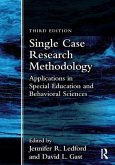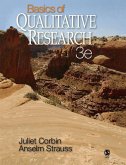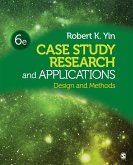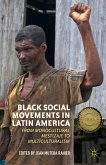Offers both a guide in restorative narrative methods for use with marginalised and exploited groups, and examples of what successful, guided work can look like in practice. This book is a groundbreaking introduction to restorative intercultural practices. It explores the understanding of the narration and positionality of the researcher in a more-than-human world. Following a collaborative, call and response structure, the book explores how indigenous people and refugees can lead the development of research methods in social scientific research. It shows how practices from 'back home' and 'on the land' might be taught to researchers for ethical and consensual use. Beginning with the practices of the daré and pepeha from southern Africa and from Aotearoa New Zealand it offers a fresh discourse of restorative narrative research methodology. Above all it is an insight into how innovative academic work can develop from a context that prioritises collaboration, care and a holistic approach to humans and their experiences.
Bitte wählen Sie Ihr Anliegen aus.
Rechnungen
Retourenschein anfordern
Bestellstatus
Storno








